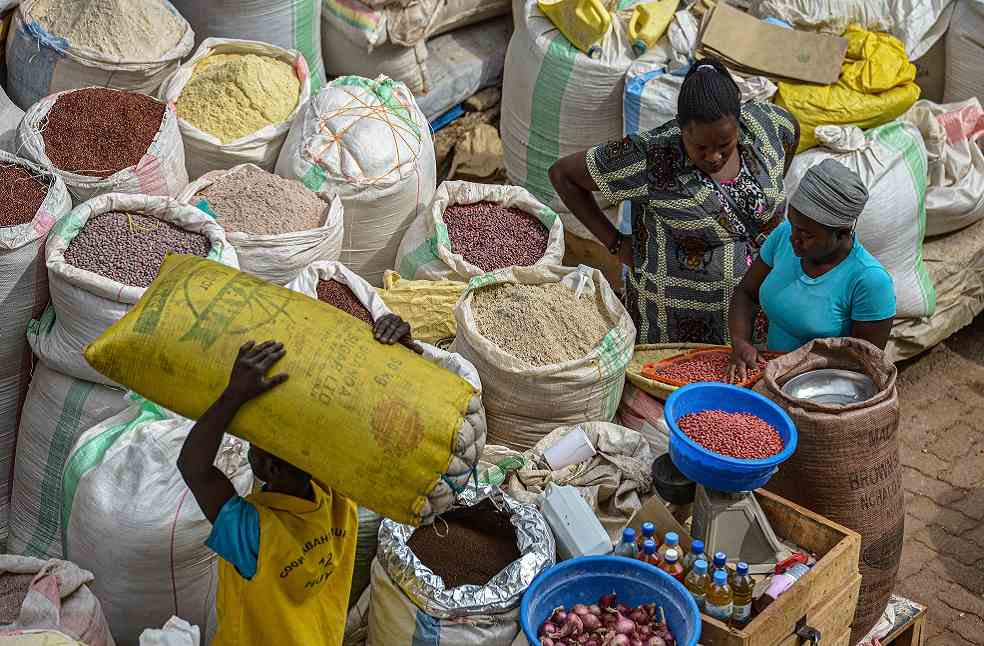The African Continental Free Trade Area (AfCFTA) agreement, discussed at the recent Africa Unlocked conference in Cape Town, marks a major milestone for the continent. Intra-African trade currently stands at a modest 16% of Africa’s exports, starkly contrasting with 55% in Asia, 49% in North America, and 63% within the EU.
Panel members highlighted the urgency of evaluating AfCFTA’s effectiveness and devising strategies to enhance the appeal of African products in global and intra-African markets. A key obstacle to progress lies in the continent’s economic complexity—or lack thereof. Unlike developed nations, African countries have yet to fully harness their resources to create and export value-added products.
Nigeria, despite possessing vast oil reserves akin to the USA, continues to import oil products that could be produced domestically. This issue pervades many African markets, where raw materials are exported without significant local beneficiation.

Ghana faces similar hurdles. Farihan Alhassan, Head of Business and Commercial Banking at Stanbic Bank, underscored the potential of AfCFTA and the Pan African Payment Settlement Systems (PAPSS) for Ghanaian producers to expand their exports across Africa. These platforms are projected to significantly boost intra-African trade over the next decade, fostering economic growth and closer ties across the continent.
The COVID-19 pandemic has further strained Africa’s trade, with the continent still grappling with its economic repercussions. Additionally, Africa’s disproportionate disease burden necessitates substantial healthcare imports, exacerbating the trade deficit. Addressing healthcare needs locally could reduce costs, conserve foreign currency, and stimulate competitive growth through increased intra-African and global trade.
Three pivotal conditions must be met to enhance trade and improve welfare: financial development, education, and governance. When domestic private credit extension as a share of GDP reaches 18%, trade begins to alleviate poverty. A better-educated workforce boosts capabilities and productivity, while sound governance amplifies trade’s effectiveness in poverty reduction.

Promoting intra-African trade and global exports demands robust connections between buyers and sellers, enabling market exploration and ensuring all stakeholders are informed about pertinent regulations and legislation. AfCFTA offers a unique opportunity to aggregate volumes across the continent, harnessing Africa’s collective power. Pooling procurement can unlock the potential of African industry and reduce reliance on imports.
Examining incentives offered to industries in countries like India—including economic zones, soft trade loans, subsidized land, water, electricity, and tax breaks—provides a model for African nations. Although Africa may not match India’s depth of incentives, eliminating tariffs could serve as a crucial first step.
TRADE WORLD | Canada Surprises with Trade Surplus Fueled by Energy and Gold Boom



